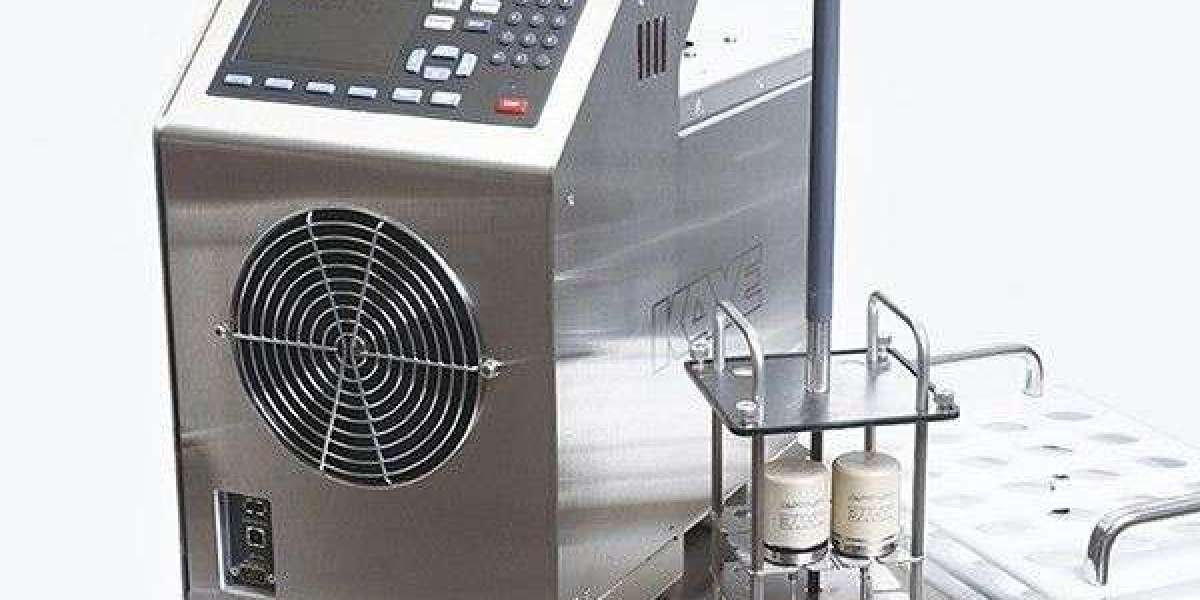Hot flashes, often associated with menopause, can sometimes occur unexpectedly after consuming a meal. This perplexing phenomenon, known as "Hot Flashes After Eating," has left many individuals searching for answers. In this blog post, we'll delve into the possible reasons behind these postprandial hot flashes, exploring various factors that could contribute to this discomfort.
Understanding Hot Flashes
Before we dive into the specifics of why hot flashes occur after eating, let's briefly review what hot flashes are and their typical triggers. Hot flashes are sudden feelings of warmth that spread over the body, often accompanied by sweating, flushing, and a rapid heartbeat. While they are commonly experienced by menopausal women due to hormonal fluctuations, hot flashes can also occur in both men and women for a variety of reasons, including stress, certain medications, spicy foods, caffeine, and alcohol.
Digestive Processes and Metabolism
One possible explanation for hot flashes after eating lies in the body's digestive processes and metabolism. When we consume food, our digestive system works to break it down into nutrients that can be absorbed by the body. This process requires energy and generates heat as a byproduct. Additionally, certain foods may stimulate the metabolism, leading to an increase in body temperature. Spicy foods, for example, contain compounds like capsaicin that can temporarily raise body heat, potentially triggering hot flashes in susceptible individuals.
Blood Sugar Fluctuations
Another factor to consider is the impact of blood sugar fluctuations on body temperature regulation. After a meal, especially one high in carbohydrates, blood sugar levels can spike, followed by a rapid decrease as insulin works to move glucose into cells. This fluctuation in blood sugar levels can sometimes trigger the body's stress response, leading to feelings of warmth, sweating, and flushing—symptoms commonly associated with hot flashes.
Food Sensitivities and Allergies
Food sensitivities and allergies may also play a role in postprandial hot flashes. In some individuals, consuming certain foods can trigger an immune response, leading to inflammation and the release of histamines, which can cause blood vessels to dilate and body temperature to rise. Common culprits include histamine-rich foods like aged cheeses, processed meats, and alcoholic beverages, as well as foods that individuals may be sensitive or allergic to, such as gluten, dairy, or shellfish.
Hormonal Imbalances
While hot flashes are often associated with hormonal changes during menopause, hormonal imbalances at other stages of life can also contribute to this phenomenon. For example, fluctuations in estrogen and progesterone levels, which can occur due to conditions like polycystic ovary syndrome (PCOS) or thyroid disorders, may increase the likelihood of experiencing hot flashes after eating.
Stress and Autonomic Nervous System
Finally, stress and the autonomic nervous system (ANS) may play a significant role in postprandial hot flashes. The act of eating itself can sometimes be stressful, especially for individuals with eating disorders or digestive issues. Additionally, stress can activate the ANS, triggering the body's fight-or-flight response and causing changes in body temperature and circulation. This heightened physiological arousal may manifest as hot flashes, particularly after meals.
Conclusion
While hot flashes after eating can be uncomfortable and puzzling, understanding the potential underlying causes can help individuals better manage and mitigate this phenomenon. By paying attention to dietary choices, managing stress levels, and seeking medical advice if necessary, individuals experiencing postprandial hot flashes can take proactive steps towards finding relief and improving their overall well-being. Remember, addressing the root cause of hot flashes may require some trial and error, so patience and persistence are key on the journey to finding effective solutions.







